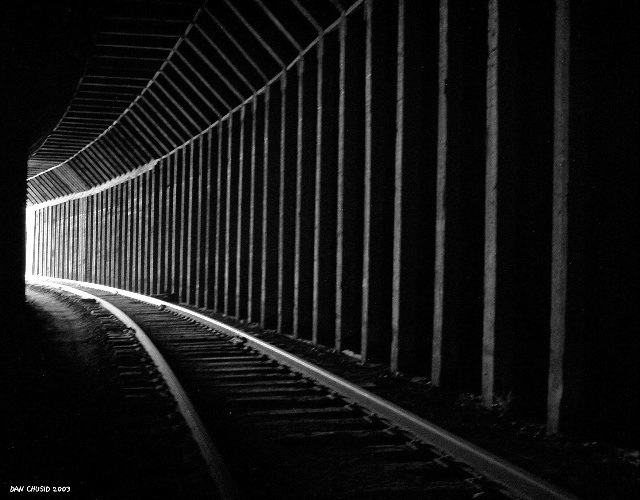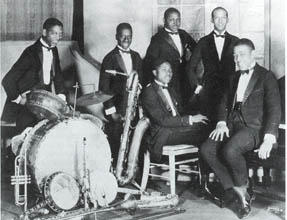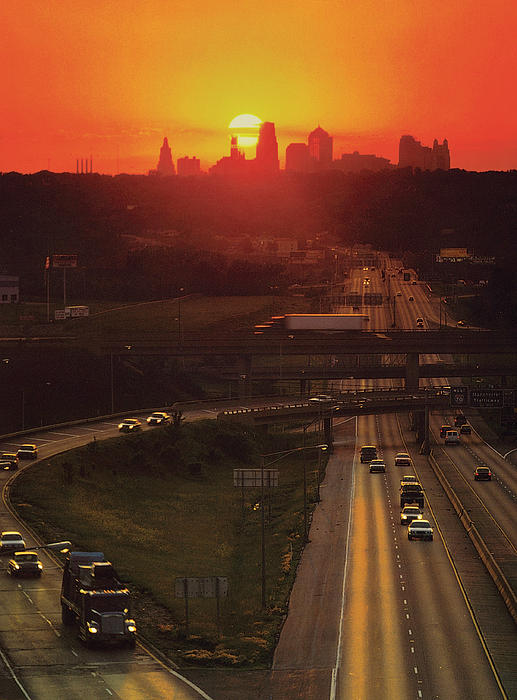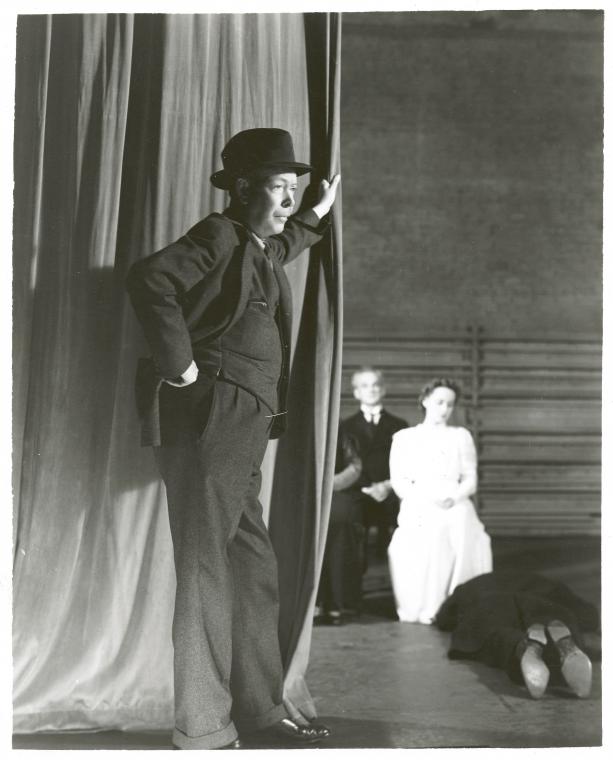Henri Matisse makes a cutout:
(This is the latest in a series of arts-related videos that appear in this space each Monday and Wednesday.)
Archives for 2013
TT: Almanac
“The presence of death makes itself felt in the sadness of beauty.”
Hanns Sachs, The Creative Unconscious: Studies in the Psycho-Analysis of Art
TT: Mark your calendar
 I haven’t gotten around to mentioning it yet, but the New Jersey Performing Arts Center has asked me to “curate” a concert called “Portrait of Duke” that will take place three weeks after the publication of Duke: A Life of Duke Ellington. (Nice timing, huh?)
I haven’t gotten around to mentioning it yet, but the New Jersey Performing Arts Center has asked me to “curate” a concert called “Portrait of Duke” that will take place three weeks after the publication of Duke: A Life of Duke Ellington. (Nice timing, huh?)
Here’s how the NJPAC website describes the event, which is scheduled for November 9:
A celebration of the music and life of Duke Ellington, featuring Vince Giordano and the Nighthawks performing classic Ellington arrangements with guests to be announced. Curated by Wall Street Journal critic Terry Teachout, author of the forthcoming Ellington biography Duke. The afternoon will include rare films of Ellington and a panel discussion on his historical legacy.
The concert is still in the planning stages, but I promise that we’ll give you a good show.
For more information, go here.
TT: Lookback
 From 2004:
From 2004:
How many more novels do I have time to read, or plays to see? If I’m lucky, I’m somewhere on the far side of the middle of life, meaning that every book I read brings me that much closer to the dark encounter (or, as Henry James called it, the distinguished thing). This knowledge doesn’t fill me with the desire to read nothing but great literature between now and then–man cannot live by classics alone–but it does make me less willing to devote disproportionate tracts of time to the consumption of individual works of art that violate the iron law of aesthetic economy. Do I really want to read Proust again before I die? The answer is yes, but I have my doubts about Moby-Dick…
Read the whole thing here.
TT: Almanac
“At all turns, a man who will do faithfully, needs to believe firmly. If he has to ask at every turn the world’s suffrage; if he cannot dispense with the world’s suffrage, and make his own suffrage serve, he is a poor servant; the work committed to him will be misdone.”
Thomas Carlyle, On Heroes
TT: A birthday present for the Duke
 Duke Ellington was born on this day in 1899. To celebrate the occasion, the Library of Congress announced that it has located in its collection a nitrate print of Ellington’s very first film appearance, a nightclub scene from a 1925 silent film called Headlines.
Duke Ellington was born on this day in 1899. To celebrate the occasion, the Library of Congress announced that it has located in its collection a nitrate print of Ellington’s very first film appearance, a nightclub scene from a 1925 silent film called Headlines.
The possibility that Ellington and his band, the Washingtonians, appeared in Headlines, however fleetingly, was established by Ken Steiner, a noted Ellington scholar who (I’m proud to say) went out of his way to help me with Duke: A Life of Duke Ellington. Following Ken’s cue, archivists at the Library of Congress tracked down the scene and have now restored the entire film.
To read about the discovery and watch the clip, go here.
TT: I wonder what became of me
 I don’t get to Kansas City too often, but whenever I do, I usually end up feeling pretty much the way I did when I went there in 2009 to see David Cromer’s production of The Glass Menagerie. On that occasion I was overwhelmed by memories of myself when young, naïve and unknowing, and it happened all over again when I returned briefly last week to give a speech.
I don’t get to Kansas City too often, but whenever I do, I usually end up feeling pretty much the way I did when I went there in 2009 to see David Cromer’s production of The Glass Menagerie. On that occasion I was overwhelmed by memories of myself when young, naïve and unknowing, and it happened all over again when I returned briefly last week to give a speech.
On the first night of my stay, I saw a woman to whom I had been close throughout the spring and summer of 1977. We met while we were playing in the string section of the Kansas City Youth Symphony, and the two of us spent part of that summer together at a music camp in Colorado. She went away to school in the fall, and in due course we lost touch, as young people are wont to do. But Facebook reunited us last year, and on Thursday I had dinner with my old friend, her exceedingly likable husband, and two of their three sons, both of whom made a very favorable impression on me. I can’t remember the last time I saw so obviously happy a family.
When I went back to Kansas City to review The Glass Menagerie, I found myself thinking of the song from Follies in which Stephen Sondheim puts these words in the mouth of one of his characters:
You take one road,
You try one door,
There isn’t time for any more.
One’s life consists of either/or.
 This time it was the last scene of Our Town that I remembered, the one in which the Stage Manager allows Emily Webb (who has just died) to spend a few minutes revisiting the past, an experience that she finds to be unendurable. What makes it so hurtful is that Emily is able to experience the past, but cannot change it: she can only speak the same words that she spoke and do the same things that she did. Not only is her past immutable, but her future, like that of Orson Welles in Touch of Evil, is “all used up.”
This time it was the last scene of Our Town that I remembered, the one in which the Stage Manager allows Emily Webb (who has just died) to spend a few minutes revisiting the past, an experience that she finds to be unendurable. What makes it so hurtful is that Emily is able to experience the past, but cannot change it: she can only speak the same words that she spoke and do the same things that she did. Not only is her past immutable, but her future, like that of Orson Welles in Touch of Evil, is “all used up.”
Unlike Emily, I still have–I hope!–a fair amount of my future before me. Not so my past, which is what it is, a string of choices whose sum is what I am today, a hard-working writer who (to paraphrase the words of a character in one of my plays) had books, not kids. Spending an evening with a friend from out of the past who chose a different path, however, reminded me as forcibly as possible of some of the other choices that I could have made. No, I wouldn’t care to change the course that my life has taken since 1977, but there’s no getting around the fact that the English language really does need a stronger word than “bittersweet” for such occasions.
The next day I went to William Jewell College, my alma mater, where I gave a lecture in Gano Chapel. This is how it started:
I grew up in a small town in southeast Missouri. Now I live in New York City. In between…I was here. When I came to William Jewell College for the first time in 1975, I was eighteen years old and had no idea of what I wanted to do with the rest of my life. By the time I left, I was a professional writer. This is the place where I became myself. In fact, this is the building where I became myself. I spent many, many hours in this auditorium, sitting where you’re sitting or standing on this stage. Not only did I play and sing in dozens of concerts at Gano, but I acted in three plays. (Not very well, mind you, but I did it!) It was here, right here, that I discovered that I wanted above all things to lead the life of art. That was thirty-eight years ago–and now I’m back.
 A few hours later I drove to Cherokee Village, the apartment complex not far from campus where I lived for a time after graduating from college. It looks the same today as it did in 1979, give or take a coat of paint. It was my first apartment–until then I’d either lived at home or in dorm rooms–and I remember with perfect clarity how proud I was of it. For a long time I spent every night and most of my days thinking about what I’d do now that I was out of school.
A few hours later I drove to Cherokee Village, the apartment complex not far from campus where I lived for a time after graduating from college. It looks the same today as it did in 1979, give or take a coat of paint. It was my first apartment–until then I’d either lived at home or in dorm rooms–and I remember with perfect clarity how proud I was of it. For a long time I spent every night and most of my days thinking about what I’d do now that I was out of school.
I wonder how I would have felt had it suddenly been made known to me (as I wrote in this space a few years ago) that I would someday look back and realize that
nothing I imagined for myself when young has come to pass: everything is different, utterly so….Nor am I the person I expected to be, calm and detached and philosophical: I still cry without warning, laugh too loud, lose my head and heart too easily, the same way I did a quarter-century ago. The person I was is the person I am, only older. Might that be wisdom of a sort?
Maybe, but I don’t feel especially wise today. Nor do I feel especially old. I just feel like the person I am, whoever he is.
* * *
John McMartin, a member of the original cast of Follies, sings “The Road You Didn’t Take” at a 1971 stage performance of the show:
TT: Just because
A rare kinescope of Jeri Southern singing “I Hadn’t Anyone Till You” on The Rosemary Clooney Show in 1956:
(This is the latest in a series of arts-related videos that appear in this space each Monday and Wednesday.)
